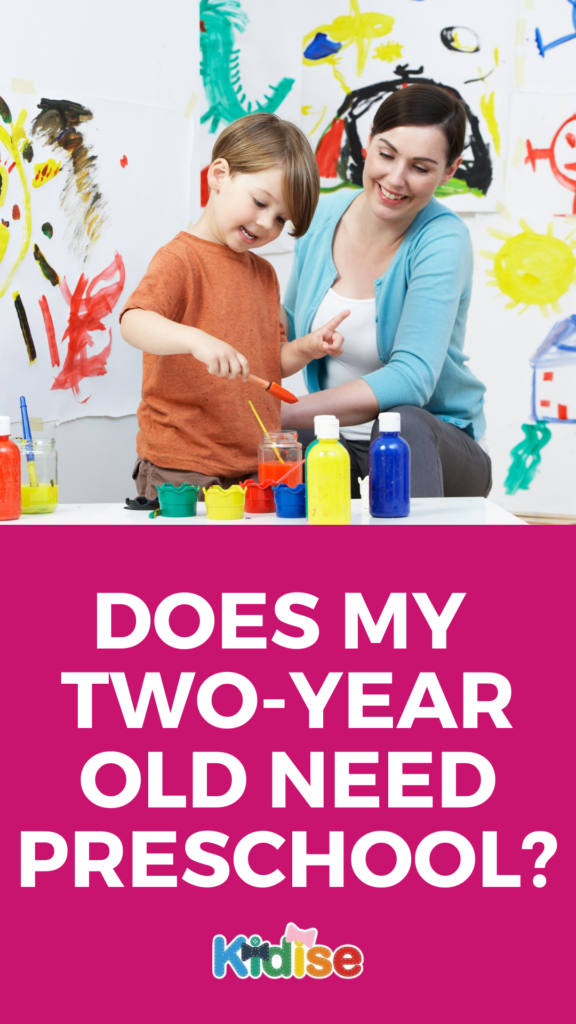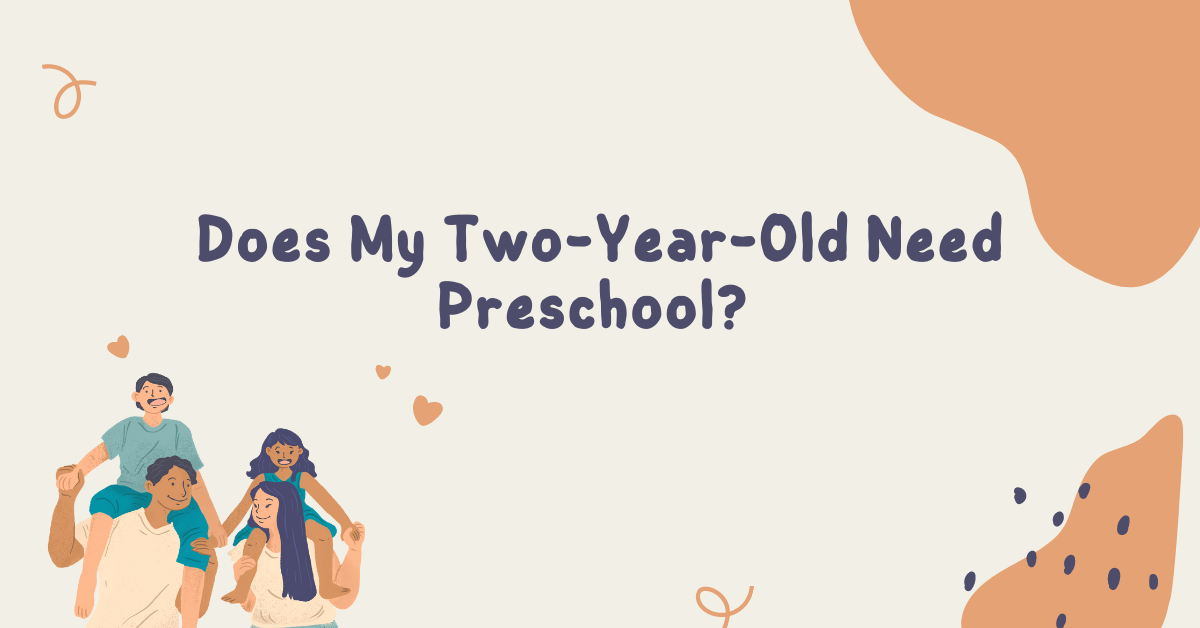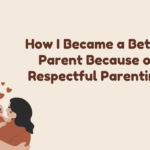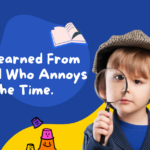You have just celebrated your child’s first birthday, and now several mothers around you are talking about preschooling. You’ve been bombarded with lots of advice for admitting your child to a preschool. With the end of your child’s first birthday, you constantly think of when to start a preschool for your child.
Your baby has crossed the mark of one year, and you’ve planned on getting him to preschool by two years of age. But you’re confused as you apprehend that socializing with peers is challenging work at the age of two years. You have an idea about how tired your kid could get at the end of the day.
Now you have a question regarding the best age to get a child enrolled in a preschool. This article will answer whether a two-year-old should get into an adequately set up preschool.
What is a Preschool?
Preschool is an amalgamation of early childhood education and child care for around one to five-year-old children. It is an educational setup for children before they begin primary school. Preschool offers education to children of age 3-5 years old. Preschool usually comprises shorter hours than a long day. They educate your child through play.
At what age should toddlers go to preschool?
The Disease Control and Prevention Center describes the preschool age range as between 3- 5 years old. Although, there aren’t any restrictions on the age limit. Some preschools enroll children at two years of age; others take children at three. The average age for starting a preschool is between three and five years old.
In Sweden, a study was done to know the number of children who attended preschool 2020 by age. That year, the highest attendees mainly were the four-year-olds, with 119,224 children of that age enrolled in Swedish preschools.
How do I know if my 2-year-old is prepared for preschool?
If you intend to admit your child to a preschool, first assess if your child is ready for preschool or not. You can see how drained the children sometimes get at the day’s end. The younger the child, the more probable they are to be anxious, exhausted, and bewildered. In contrast, a developmentally ready child will quickly encounter socializing challenges.
Sometimes children are so sharp and properly trained that they won’t find it hard to interact and socialize with their peers; you can enroll such a child in a preschool. However, if your child isn’t potty-trained, has less physical stamina, and cannot care for other basic needs, like washing hands and eating lunch without any assistance. It is better to train your child at home before introducing him to preschool.
Why should I need to assess if my toddler is ready for preschool?
You want preschooling to be a wonderful experience for your children. If your two-year-old doesn’t seem prepared, there’s no problem in postponing the admission until he’s older (up to four or five years of age) to start him in preschool.
If you think he’s just on the verge of being ready, consider enrolling him in a part-time program. Just make sure that the program shouldn’t be greater than three days a week, or it will get a lot hectic for your kid. But, first, let him experience the introduction of routine in his life. I agree that we shouldn’t compel our children toward things at earlier ages.

Read: The 12 Most Important Secrets Every Parent Should Know
How long should my toddler go to preschool?
Most preschools offer different programs, three days and five days programs. However, a three-day/week program is typically the go-to option for children if you’re not willing to go full-time for them.
A five-day/week program is widely common, and parents make their kids start from a five days program. However, it’s a full-time program and could get a little hectic for your toddler.
What are the benefits of attending preschool?
Preschool helps with improvement in children’s behavior and overall development. It teaches them new skills in a fun way. Also, uncover children’s talents and help them learn to read and write. In addition, they develop better communication and social skills, such as socializing with other children, working as a group, and speaking to adults. Academic skills get polished, but they also help in social life.
Kids who previously have attended preschool can deal better with the switch to another school because they are more independent and confident. Also, they are optimistic and intelligent because they have a habit of interacting and solving things independently.
Regardless of age, a child should stay in a high-quality child-care environment or enter preschool if you think that your child is potty-trained, self-sufficient, emotionally intense, and has the stamina to stand out in a preschool routine. It would be best to enroll your child in a preschool which is generally a safe, nurturing environment where your child can feel comfortable. Children evolve socially, emotionally, and cognitively when they interact with the same age group peers.
Want a beautiful gift for your kids? CLICK HERE





GIPHY App Key not set. Please check settings